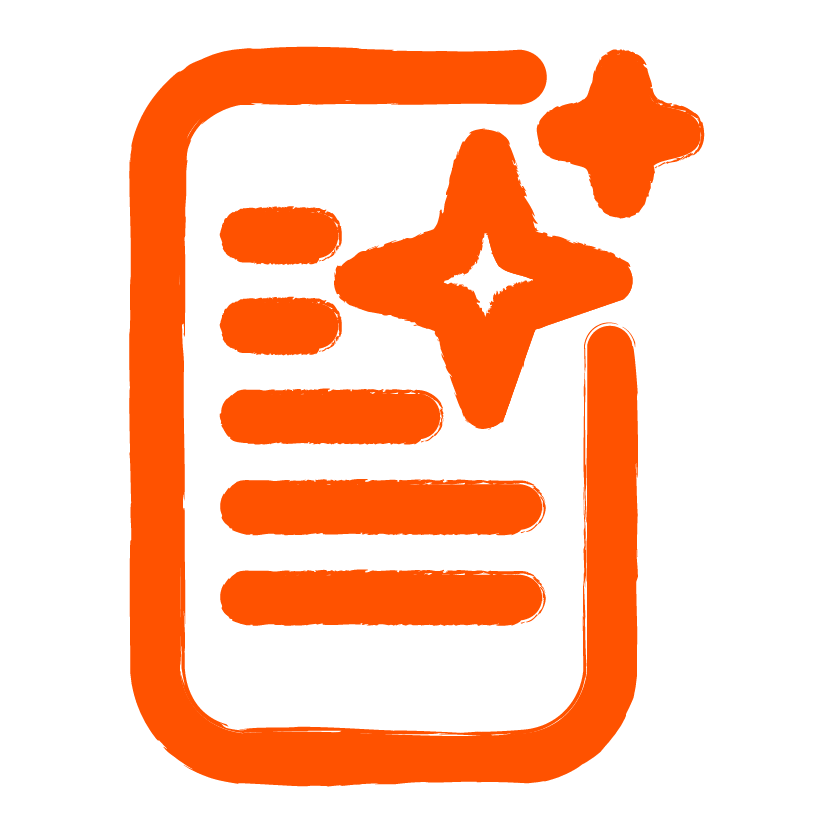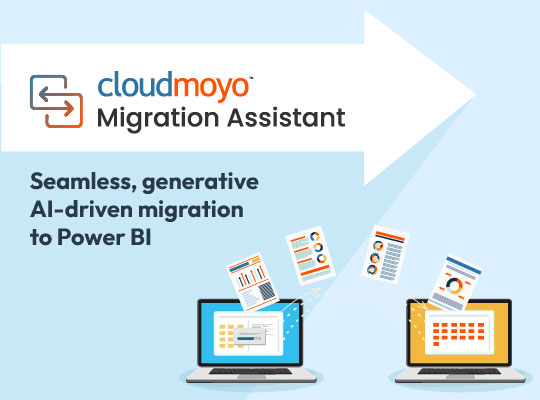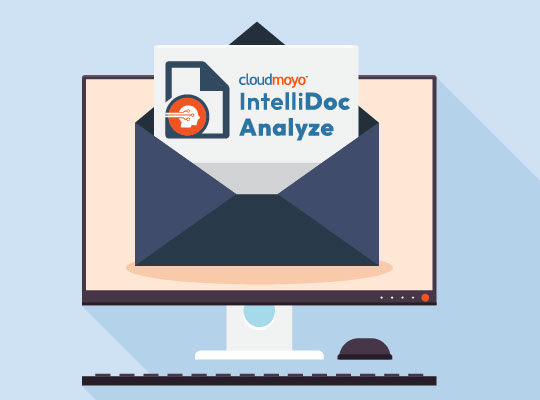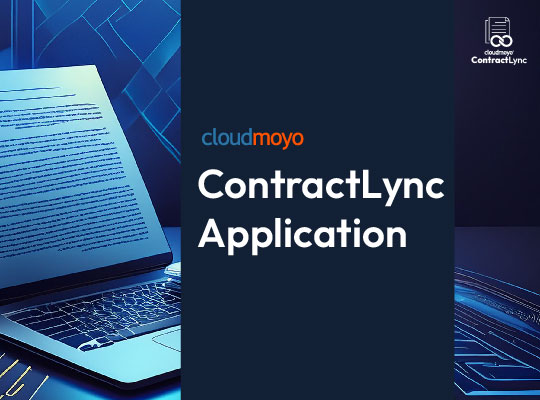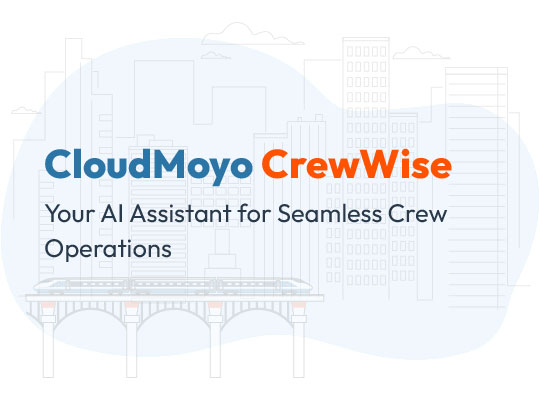Contracts are difficult (or rather impossible) to sort. They are everywhere, distributed across many repositories, scattered across multiple locations. The inaccessibility of contracts makes the task of managing them cumbersome, leading to a risk of losing out important business opportunities that are buried in these resources.
The manual handling of these contracts becomes even more difficult when it comes to deal with the amendments, terminations, and (the most important) renewals of the contracts. That’s how the need for digitizing contract management came into the picture with various contract lifecycle management (CLM) solutions coming up.
From contract management to contract intelligence
The next step was unlocking secrets from contracts. Combining artificial intelligence (AI) with the contract management system has revolutionized business opportunities by redefining the real potential of these contracts that were buried within millions of files and folders from years.
Artificial intelligence can convert unstructured contract documents into structured enterprise data. Applying AI in contract management can help the enterprise in identifying business risks and opportunities; AI understands the contract language and the meaning of clauses, it turns the contract management from a simple document management repository to a live, strategy-making machine.
Applications of AI in contract management
Machine learning and AI help in the identification and analysis of clauses and other data. It can let companies review contracts more quickly, organize large scale of contract data more easily, can help in contract negotiations, and increase the volume of contracts it is able to negotiate and execute.
Let’s see some applications of artificial intelligence in contract management.
- Contract classification: Sort each contract by type based on the content of the clause, such as MSA, SOW, lease, and independent contractor agreement.
- Clause classification: Scan through the document and understand the significance of each paragraph. Based on the content, AI can classify the clauses.
- Mark out an important part of the clause: Highlight the important information covered in the clause.
- Learn about new clauses: If the program uses enough documents with any new clauses, AI will learn all about it and secure it in its clause library in order to enhance clause classification over time.
- Supervised learning and retraining: A reviewer can change incorrectly classified clauses, and will learn to recognize it in the future, based on what the reviewer programmed it for.
- Similar documents classification: Identify and classify similar types of documents.
How does it work?
To understand the intricacies of artificial intelligence in contracts, let’s discuss a couple of scenarios in depth.
Automatically organize, classify, and extract important piece of information
Automated contract abstraction and migration is another technology-enabled service that automates the entire process of abstracting information from all your contracts. AI algorithms, powered by natural language processing (NLP)-based machine learning, perform abstraction and migration with unprecedented speed and accuracy, creating an index of all the key terms, provisions, and obligations. As a result, you can automatically extract important information from a contract, such as names, organization and vendor information, the contract signature date, renewal dates. Up to thousands of contracts can be auto-tagged with the right companies, the right data, and the correct deadlines, and automatic renewal alerts can be set. This will help you transform your business completely.
With pattern recognition algorithms, AI can identify areas for improvement
With hundreds and thousands of legal documents being uploaded to a contract management system, it’s very tedious to tag each clause in the documents manually for further processing. However, machine learning algorithms can help to identify the name of the clause on the basis of its contents. Now, with this trained model, we can upload a document in a contract management software and tags will be automatically applied to documents. If that algorithm predicts that a clause was incorrectly named, you can give the correct label for a given text, and it should adjust itself after a few iterations of the clause and not repeat the same mistake again.
Conclusion:
The benefits of artificial intelligence for businesses have grown in recent years. The impact of artificially intelligent systems on enterprises is significant when it comes to staying a step ahead of peers and enriching the way they serve their customers. And the underlying platform for AI is data and the cloud!
As a trusted Microsoft Partner, CloudMoyo understands AI, data and the cloud, and how to build integrated intelligence into contracts using the most advanced cloud technologies. Wherever you are in your AI journey, we can help you modernize the way you do business.
Get started with artificial intelligence with a custom workshop for your team today!


